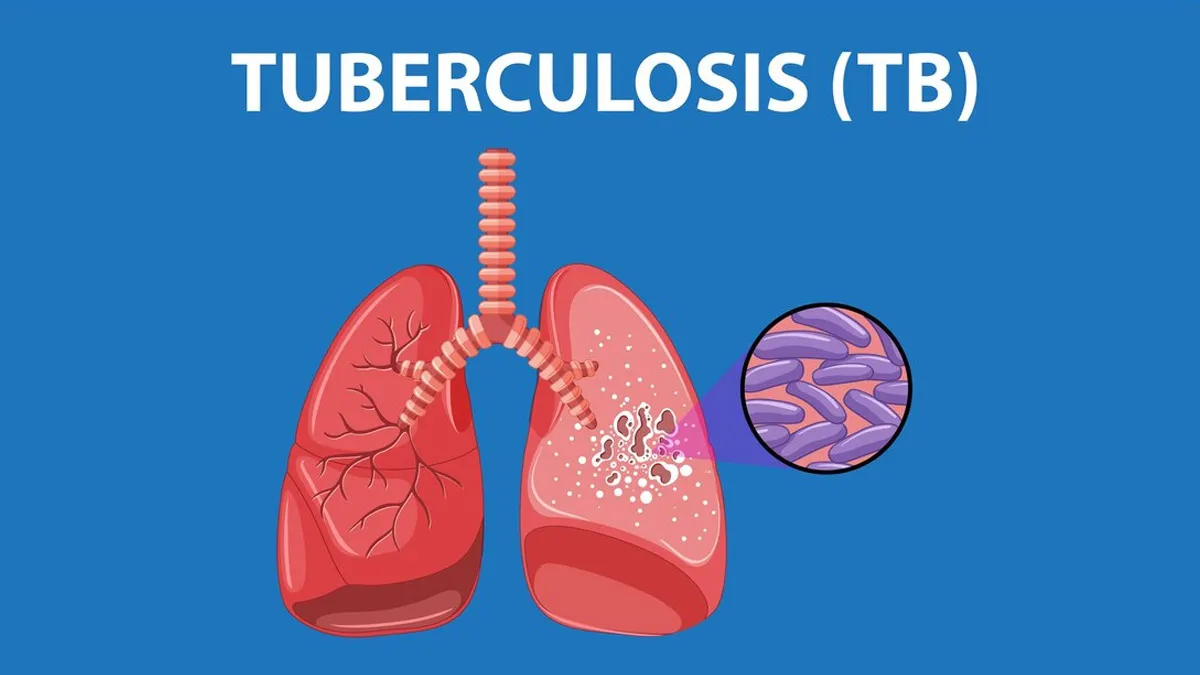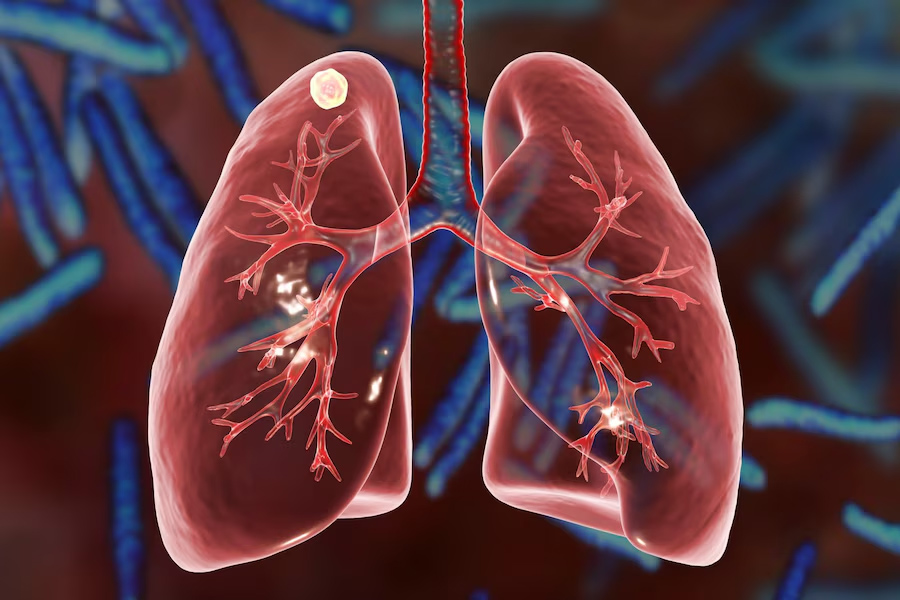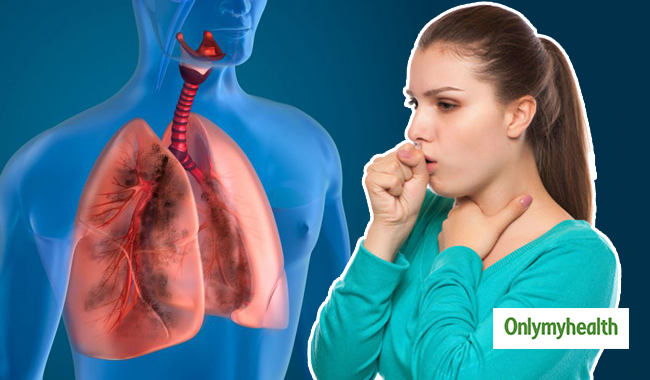
Every year on March 24, World Tuberculosis (TB) Day is observed to raise awareness about this deadly infectious disease and its global impact. Tuberculosis is a bacterial infection caused by Mycobacterium tuberculosis that primarily affects the lungs but can also spread to other parts of the body. Despite advances in medicine and public health, TB remains a significant public health challenge, with misinformation often clouding people's understanding.
Table of Content:-
Myths and Facts Around Tuberculosis You Must Know
In an exclusive interaction with the editorial team of Onlymyhealth, our expert, Dr Shrey Srivastav, General Physician, Sharda Hospital - Noida, helped us debunk some common myths and present facts to help better understand tuberculosis.
Myth 1: Tuberculosis is a disease of the past
Fact: TB is still very much present today. According to the World Health Organization (WHO), TB remains one of the top infectious disease killers worldwide. While cases have declined in some regions due to better healthcare interventions, TB continues to affect millions globally, particularly in low- and middle-income countries.

Also Read: World TB Day 2025: Check Theme, History And Its Significance
Myth 2: Only people with poor hygiene get TB
Fact: TB is caused by the Mycobacterium tuberculosis bacteria, which spreads through the air when an infected person coughs or sneezes. It has nothing to do with personal hygiene. While crowded living conditions and lack of healthcare access can contribute to higher transmission rates, anyone can get TB regardless of their cleanliness.
Myth 3: TB only affects the lungs
Fact: While pulmonary tuberculosis (TB in the lungs) is the most common form, the disease can affect other parts of the body, such as the bones, brain, kidneys, and lymph nodes. This is known as extrapulmonary TB and requires specialized treatment.
Myth 4: TB is not curable
Fact: TB is treatable and curable with a strict course of antibiotics. The standard treatment, known as Directly Observed Treatment Short-course (DOTS), lasts at least six months. However, incomplete or improper treatment can lead to drug-resistant TB, which is more difficult to treat.

Also Read: World TB Day 2025: Check Theme, History And Its Significance
Myth 5: If you don’t have symptoms, you can’t spread TB
Fact: While active TB (which causes symptoms like coughing, fever, and weight loss) is contagious, latent TB is not. However, people with latent TB (where the bacteria are inactive in the body) can develop active TB later if their immune system weakens. Hence, early diagnosis and treatment of latent TB are crucial.
Myth 6: BCG vaccination prevents TB completely
Fact: The Bacillus Calmette-Guérin (BCG) vaccine offers some protection, especially against severe forms of TB in children. However, it does not guarantee full immunity, and adults can still contract and spread TB.
Myth 7: TB only affects the poor
Fact: While poverty, malnutrition, and poor living conditions can increase TB risk, the disease can affect anyone. Even in high-income countries, people with weakened immune systems (due to conditions like HIV, diabetes, or cancer) are at risk.
Bottomline
Understanding the facts about TB is essential to preventing its spread. If you experience symptoms such as a persistent cough, night sweats, or unexplained weight loss, seek medical attention. Completing the full course of prescribed TB treatment is crucial to prevent drug resistance.
On this World TB Day, let’s commit to spreading awareness and debunking myths to work towards a TB-free world. Education, early detection, and proper treatment can make a difference in ending this global health challenge.
Also watch this video
How we keep this article up to date:
We work with experts and keep a close eye on the latest in health and wellness. Whenever there is a new research or helpful information, we update our articles with accurate and useful advice.
Current Version